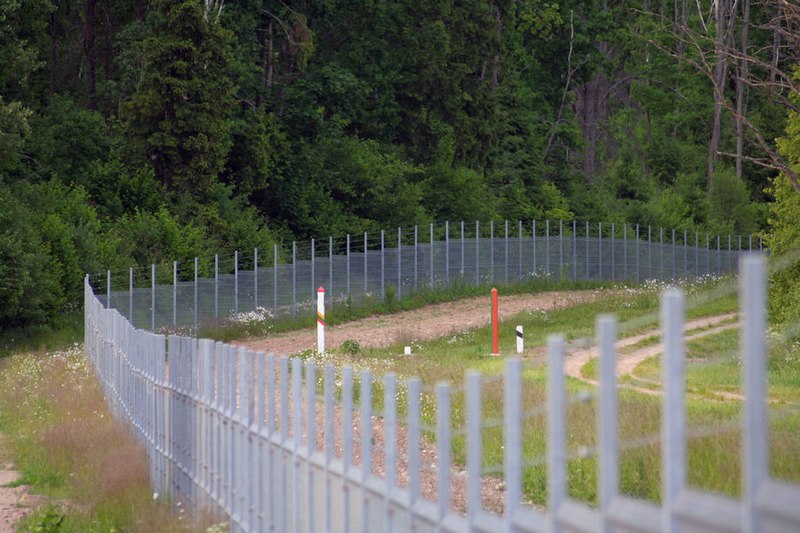
Lithuania has made the decision to close two out of its six border crossings with Belarus.
Starting from Friday, the two rural crossing points, primarily used by non-commercial vehicles, will be shut down.
The Lithuanian government explained that this action was taken due to changes in the geopolitical landscape, threats to national security, and concerns about smuggling activities.
In recent times, neighboring countries to Belarus have heightened their security measures. This comes in the wake of Minsk granting shelter to members of Russia's Wagner mercenary group as part of a resolution to a short-lived mutiny by Wagner forces in Russia during June.
The specific crossings to be closed are Tverecius and Sumskas, with redirected traffic toward Medininkai, the largest of Lithuania's six checkpoints.
Agnė Vaiciukeviciute, Deputy Minister of Transport, conveyed to the Associated Press that the closures are of a temporary nature.
Poland has also adopted stringent access restrictions from Belarus. In a similar vein, Latvia announced the reinforcement of its borders on Tuesday.
Latvian Prime Minister Krisjanis Karins emphasized that Belarus must understand the seriousness of Latvia's commitment to border security, which serves both its own population and Europe as a whole.
He stated, "We have observed that this summer, the pressure emanating from Belarus is not diminishing, but rather gradually escalating. We are simply bolstering our presence and sending a clear signal to our society and the Belarusian authorities that we are resolute."
Last week, Poland disclosed its plan to deploy an additional 10,000 troops to its border with Belarus following allegations of a Belarusian military helicopter incursion.
Polish Prime Minister Mateusz Morawiecki raised concerns that members of Russia's Wagner group could potentially disguise themselves as migrants and infiltrate the European Union.
Amid mounting apprehensions among Belarus's neighboring countries—particularly since Belarus is a close ally of Russia—June witnessed a mutiny staged by the Wagner group, challenging the authority of President Vladimir Putin.
The mutiny was resolved through an agreement, with Wagner fighters given the option to join the regular Russian army or relocate to Belarus. The rebellion lasted for 24 hours and saw troops taking control of the southern Russian city of Rostov and advancing toward Moscow—halted just 200km (124 miles) away from the capital. Photo by jo.sau, Wikimedia commons.



































